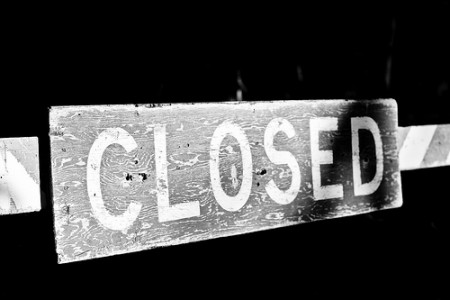 Bankruptcy is a curse on your financial report as it can affect your credit score. How long and how much your credit score will be affected will depend on your previous credit history. It also depends on the type of bankruptcy you have filed. For instance, if you file for Chapter 7 bankruptcy, it will be reflected on your FICO credit report for the next 10 years. Whereas, when filing for Chapter 13, it will only affect your credit score for no more than 7 years.
Bankruptcy is a curse on your financial report as it can affect your credit score. How long and how much your credit score will be affected will depend on your previous credit history. It also depends on the type of bankruptcy you have filed. For instance, if you file for Chapter 7 bankruptcy, it will be reflected on your FICO credit report for the next 10 years. Whereas, when filing for Chapter 13, it will only affect your credit score for no more than 7 years.
When you file for bankruptcy, your credit score will fall drastically which will then affect you in trying to get approved for a loan. In short, the financial institutions such as banks, lenders and credit card companies, will think twice before they give you credit. However, filing for bankruptcy does not mean it is the end of the world. You can still revive your credit score through systematic financial management.
What Happens to Your Credit Score After Bankruptcy?
- When you file for bankruptcy, your credit score can be reduced as much as 200 points or more. For some time, everything will look bleak, but you will be able to see gradual improvement in your score in the foreseeable future.
- Your credit record is cleared of all your debts and the history of late payments at the time of your bankruptcy discharge. This will help your credit score go up slightly. All the debts that were included in the bankruptcy will note that it was included in the bankruptcy.
- The maximum term for bankruptcy is 10 years. Recovering from bankruptcy is likely to take some time. In the mean time, you should use the opportunity to improve your credit history by clearing any remaining old debts. You should also ensure that you have not incurred any new debts. If you follow an orderly financial plan, your credit score will gradually improve and before you realize it, your bankruptcy will be dropped off the credit report.
How to Increase Your Credit Score After Bankruptcy
- Open a charge account – This account comes with a high rate of interest. However, it will help to boost your credit score. Many retail shops that sell furniture, appliances and other utility items will be more than willing to grant you credit if you have a charge account.
- Apply for a secured credit card account – To acquire a secured MasterCard or Visa card you have to deposit money into the bank account. Choose a company which will convert the account status from secured to unsecured after a certain period of time. If your payments are on time with no lapses, your account can be converted to an unsecured credit card account in less than a year.
- Pay your bills on time or even earlier – Ensure that you pay all your utility bills and the new credit card bills on time. If your car loan or home mortgage were exempted from bankruptcy, see that you pay installments in time to raise your credit score. Careful handling of your finances will make you a potential candidate in the eyes of prospective lenders.
- Put down a significant amount as down payment – When you are making a purchase, put down at least 50% of the item bill in cash as down payment. It will help you clear the remaining amount more quickly and also reduce the amount of interest you have to pay. This act will be reflected in your credit report which will enhance a slight increase in your credit score.
- Monitor your credit report quarterly – You are eligible for a copy of the credit report from the three major credit bureaus annually. Keep a watch on the report to catch any erroneous entry. If you find there are any wrong or negative entries, report it to the credit bureau immediately.
Understand that your credit score is not going to improve overnight. Do not file for bankruptcy to improve your credit score. There are many alternatives to bankruptcy. Consult a reputed credit counselor to help you out.
Flickr image by [F]oxymoron



